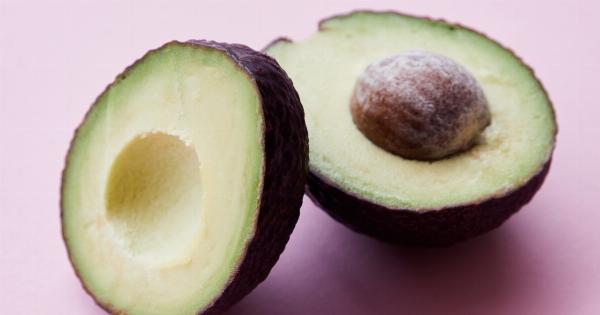As a pet owner, it is essential to provide your furry friend with a well-balanced and nutritious diet. Just like humans, dogs also require a healthy eating plan to maintain their overall well-being.
However, not all foods that are safe for humans are safe for dogs. In this guide, we will discuss the importance of healthy eating for dogs and provide a comprehensive list of safe and unsafe foods for your canine companion.
The Importance of Healthy Eating for Dogs
Feeding your dog a nutritious diet has numerous benefits for their overall health and longevity. A balanced diet can help prevent obesity, diabetes, heart disease, and other health issues commonly seen in dogs.
It can also promote healthy skin and coat, improve digestion, boost their immune system, and enhance their energy levels. Providing your dog with high-quality food and avoiding harmful substances is crucial for their well-being.
Safe Foods for Dogs
While it is essential to consult your veterinarian before making any significant changes to your dog’s diet, there are several safe foods that most dogs can enjoy. These foods include:.
- Lean proteins such as chicken, turkey, and fish
- Vegetables like carrots, peas, and sweet potatoes
- Fruits such as apples, bananas, and blueberries
- Whole grains like brown rice and oatmeal
- Dairy products in moderation, like plain yogurt or cottage cheese
- Eggs, cooked thoroughly
- Healthy fats like olive oil or fish oil
Unsafe Foods for Dogs
While some foods are safe and healthy for dogs, others can be toxic and even life-threatening. It is crucial to avoid feeding your dog the following foods:.
- Chocolate, caffeine, and anything containing xylitol
- Onions, garlic, and chives
- Grapes and raisins
- Avocado
- Alcohol
- Raw or undercooked meat, eggs, and bones
- High-fat foods, such as fatty meats or fried foods
- Salt and salty snacks
- Milk and other dairy products if your dog is lactose intolerant
Feeding Tips for a Healthy Diet
Ensuring your dog’s diet is healthy involves more than just selecting the right foods. Here are some tips to keep in mind:.
- Consult your veterinarian for guidance on portion sizes and feeding schedule based on your dog’s age, breed, and activity level.
- Avoid overfeeding your dog, as obesity can lead to various health problems.
- Provide fresh and clean water at all times.
- Avoid giving your dog table scraps, as they can be high in salt, fat, and harmful seasonings.
- Read food labels carefully and choose high-quality dog food brands with real meat and limited fillers.
- Consider incorporating a mix of wet and dry food for variety and increased hydration.
- Monitor your dog’s weight and body condition regularly and make adjustments to the diet if needed.
Signs of Food-related Allergies or Sensitivities
Just like humans, some dogs may have food allergies or sensitivities. Common signs include:.
- Itchy or red skin
- Ear infections
- Vomiting or diarrhea
- Excessive gas
- Recurrence of hot spots
- Chronic itching or licking
When to Consult a Veterinarian
If you notice any signs of food-related allergies or sensitivities in your dog, it is recommended to consult a veterinarian. They can help identify the specific allergen and recommend an appropriate diet plan or conduct further tests if needed.
Additionally, if you suspect your dog has ingested a toxic food, contact your vet immediately or seek emergency veterinary care.
Conclusion
Healthy eating is vital for your dog’s overall health and well-being. By providing a balanced diet, avoiding harmful foods, and following the tips mentioned in this guide, you can keep your beloved pet healthy and happy.
Remember, always consult your veterinarian when making significant changes to your dog’s diet or if you have any concerns about their nutrition.



























